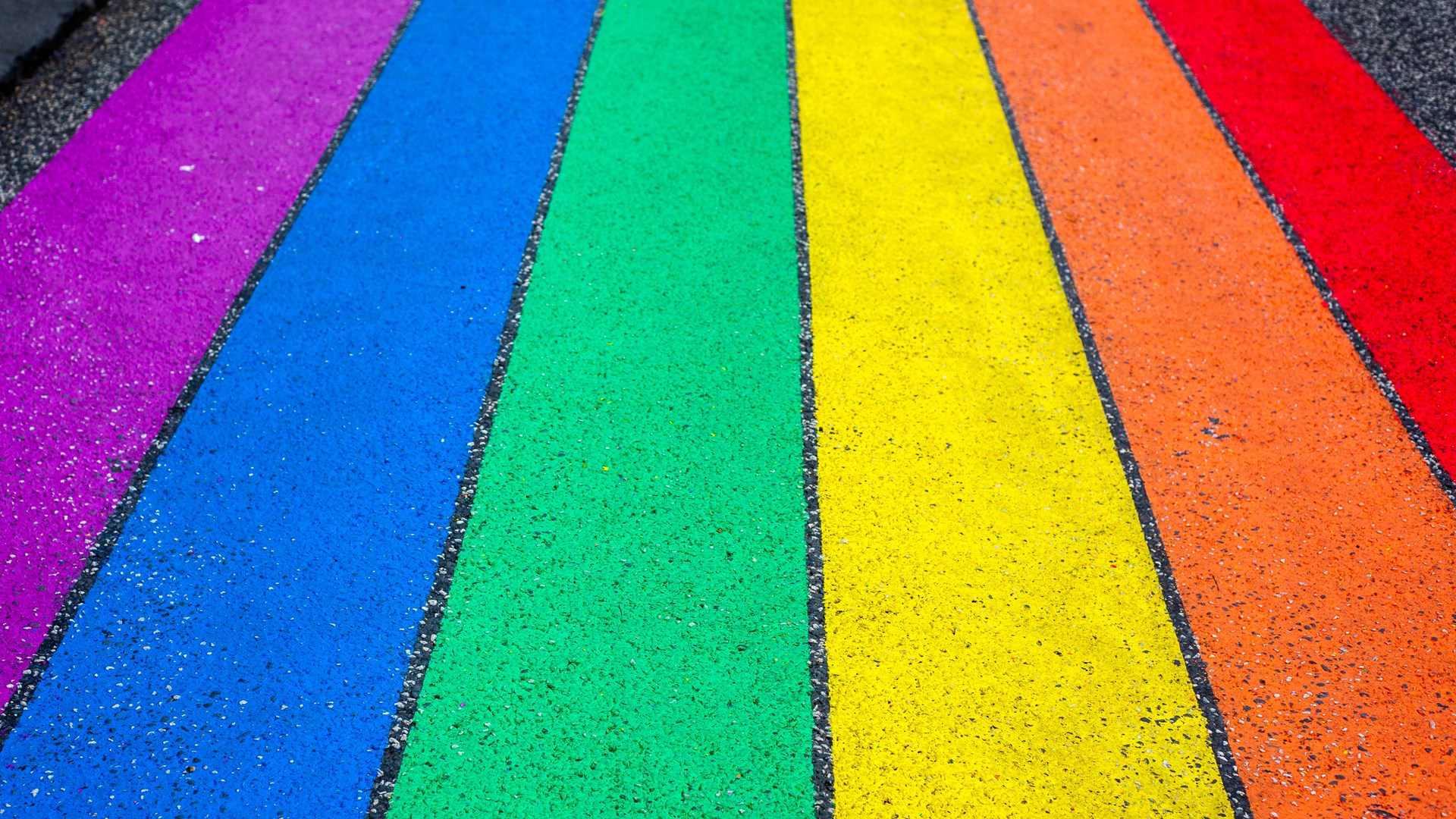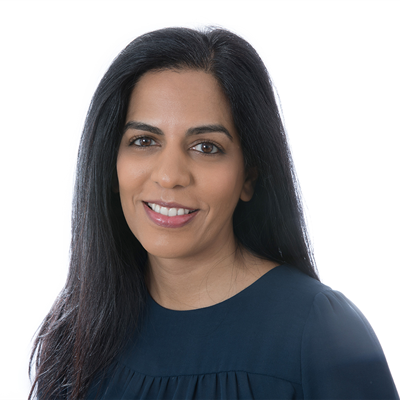
Reflections on working with LGBTQIA+ clients
Several studies have determined that mental health problems are more common in the LGBTQIA+ community. Findings by Stonewall also show that poor mental health is higher among LGBTQIA+ people who are young, Black, Asian or minority ethnic, disabled or from a socio-economically deprived background.
I remember the first day of my five-year psychotherapy training. I had never talked about being gay in a group before, let alone being a gay woman of colour. My heart was pounding and I was hot. I now know this to be a deep feeling of internalised homophobia, shame and dysregulation. During this time, I was going through a process of ‘coming in’; a term that I use for when we are exploring our sexuality internally and may not feel safe or ready enough to be fully ‘out’. It enables a sense of empowerment, pace and focus on the self rather than the other. This to me is almost a pre-requisite for ‘coming out’ which is an inevitable part of living in a heteronormative society.
I think about those of us on the LGBTQIA+ spectrum and what it feels like to sit in the therapist’s chair and the client’s chair. I imagine the space in between and what may emerge. I wonder if the space feels safe and inviting. I wonder if I will be able to get the words out to convey this to my client. These are perhaps some of the common things we experience. I also imagine what it is like to be a client who, consciously or unconsciously wants to explore their sexuality. I put myself in their shoes, drawing on my own experiences.
Here are some of the things that I have learned whilst working with clients who are exploring their place on the LGBTQIA+ spectrum:
- The client’s in-built safety radar will be active to protect against rejection, discrimination and annihilation.
- Like others, we need to be seen and be met, where we are and not where others believe we need to be.
- Empathy creates a space for us to confront shame and share our truth when we feel ready.
- A therapist who can bear witness to our experience of inequality creates hope for the future to be different.
- Strong internalised objects can dominate our views on sexuality; gentle curiosity can challenge our rigid beliefs and what belongs to whom.
- Trust enables us to step forward and experiment with alternative ways of being in relationships.
- Homophobia, internalised homophobia and subtle homophobia belong to all of us and run deep. Enactments give us a chance to heal our wounds. Acceptance without condition provides a new experience and paves the way for self-expression.
- We are a work in progress, as always.
It is more important now than ever for us to consider anti-oppressive practice, positive affirmation and improve therapy access for these clients.
Psychotherapy can offer a safe space to explore your feeling, YOU CAN LOOK FOR AN ACCREDITED THERAPIST ON THE UKCP WEBSITE
You can also find support by contacting:
In an emergency, call: 999
NHS (England), call: 111
NHS Direct (Wales), call: 0845 46 47
The Samaritans 24 hour helpline, call: 116 123
Stonewall, call: 08000 50 20 20
Share
Like most websites, we use cookies. If this is okay with you, please close this message or read more about your options.


